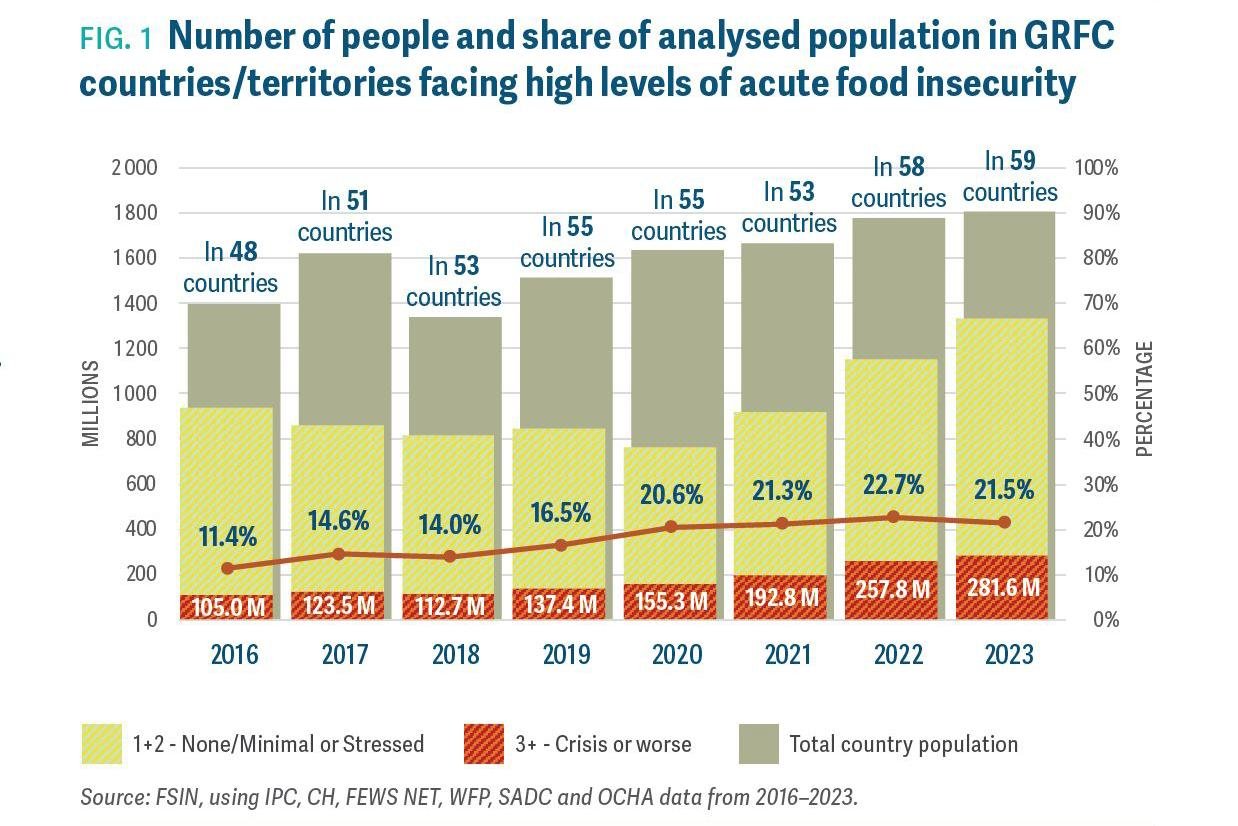
Foreign Portfolio Investors (FPIs)
Subscribers of "Current Affairs" course can Download Daily Current Affairs in PDF/DOC
Subscribe to Never Miss an Important Update! Assured Discounts on New Products!
Must Join PMF IAS Telegram Channel & PMF IAS History Telegram Channel
- Context (IE): Last year in May, the Securities and Exchange Board of India (SEBI) released a consultation paper suggesting increased disclosures from certain Foreign Portfolio Investors (FPIs).
- The suggested regulations aim to improve transparency by:
- Thoroughly identifying the actual ownership of an entity within a holding.
- Providing a clear depiction of economic interests in the holding.
Why did SEBI request additional disclosures from FPIs?
- Sebi highlighted that certain FPIs hold a significant portion of their equity in a single company or corporate group.
- This concentrated investment raises concerns that promoters or other investors might use FPI routes to bypass regulatory requirements such as,
- Firstly, to prevent potential evasion of Minimum Public Shareholding (MPS) requirements.
- Secondly, to avoid the misuse of the FPI route in bypassing the requirements outlined in Press Note 3 (updated April 2020).
|
Press Note 3/PN3
|
FPIs required to comply
- High-risk FPIs holding more than 50% of their equity asset under management (AUM) in a single corporate group would have to make additional disclosures.
- High-risk FPIs with an overall holding in the Indian equity market of over Rs 25,000 crore.
- Non-compliance would result in the invalidation of the FPI’s registration. Consequently, these FPIs would need to cease operations within six months.
|
FPIs exempted
- Sovereign wealth funds (SWFs).
- Listed companies on certain global exchanges.
- Public retail funds.
- Other regulated pooled investment vehicles with diversified global holdings.
Foreign Portfolio Investment (FPIs)
|





![PMF IAS Environment for UPSC 2022-23 [paperback] PMF IAS [Nov 30, 2021]…](https://pmfias.b-cdn.net/wp-content/uploads/2024/04/pmfiasenvironmentforupsc2022-23paperbackpmfiasnov302021.jpg)











